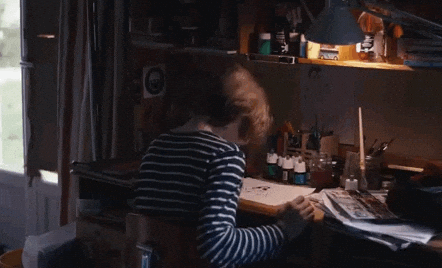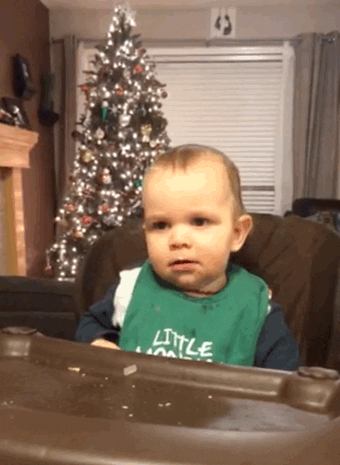To Write or Not to Write?
Ever sat down to write a college essay and simply come up blank?
Ever sat down to
write up a chapter for a book you're writing and ended up watching Deadly
Women on YouTube instead?
Or have you ever
wanted to declare your love for someone on Tinder and simply lost the words?
As a writer, there's
nothing worse than sitting at a computer wanting to write something - a new
chapter, a new paragraph, or even just one short sentence - and nothing coming
out.
Staring at a blank
Word page for minutes that feel like hours, unable to produce new work, is one
of the worst things a writer can possibly go through, especially when working
on a deadline.
But you're not alone.
Even famous authors
have hit brick walls before. Mark Twain (author of The Adventures of
Tom Sawyer) had a simple enough strategy to combat writer's block:
“The
secret of getting ahead is getting started. The secret of getting started is
breaking your complex overwhelming tasks into small manageable tasks, and then
starting on the first one.”
All that means is: Take it step by step.
Writing is a process. Break it down into pieces. Outline your work. If you
already know which direction you're going, you won't run into a brick
wall.
But it's
not always that simple. New, fresh ideas are hard to come up with. Just look at
how many werewolf-and-vampire novels there are out there today (hint: there's
only one vampire who sparkles like glitter in the sun). And yet, how many
600-page books are out there detailing the adventures of a rabid dog? (Answer:
Only one.)
Stephen King wrote Cujo during an alcohol and drug-fueled haze. To this day, he barely even remembers writing the novel, but it's one of his bestsellers. Write drunk, edit sober, they say, and while I'm not recommending snorting cocaine to write a bestselling book that gets turned into a movie, my point here is that writing can be chaotic. It's a process, but not everyone's process is the same. What worked for King and Twain doesn't necessarily have to work for you.
Trust the process.
How do I get over my writer's block?
I take a detour.
Sometimes, I'm working on as many as four books at once, and sometimes, I run into a brick wall as long as the Great Wall of China and almost twice as hard to surpass. I can stare at my laptop screen for as long as
And here comes the i-word: Inspiration.
Inspiration
comes in many forms. The Cambridge dictionary defines inspiration simply
as someone or something that gives you ideas for doing something (I
know. Not the best definition out there). However, one of the best (and most
fun) ways to find inspiration is to use writing prompts.
Writing Prompts
Writing Prompts
Simply
put, a writing prompt is a short passage, text or image that gives you, the
writer, a potential topic idea or starting point for an essay, story, poem,
etc. Patti Charron, a writer, editor, and professor, gives classes that utilize
writing prompts. She says:
“In my classes, I use a lot of colors, numbers, names of days or months, etc. very simple stuff. The word might be "red." I will set a timer for, say, 5-10 minutes. That is less daunting than 15-30 minutes. You would write whatever comes to mind: geraniums, your mother's lipstick, a sunset, working with crayons, eating blueberries, which are not red, but that's what you thought of. You start and do not stop for the set time... You start moving your pencil and don't stop. (Of course, you can write on a computer.)
The point is not what you write about but simply that you write. It is free writing. It does not require a story or a story structure. If the word does not inspire, make a list of red things until something launches your thoughts into something more substantial.”
And that
is exactly what I want to explore. Is it really possible to create a short
(one-page) story based on the most random prompts possible?
I went to
the Twitter-verse, the biggest melting pot of insane, arbitrary ideas and this
was the first suggested tweet:
Who knows what
inspiration will come from this.
NEXT WEEK: Short story inspired by the tweet: 'The last individual of a species is called an "Endling". When it dies, the species is extinct'.







Comments